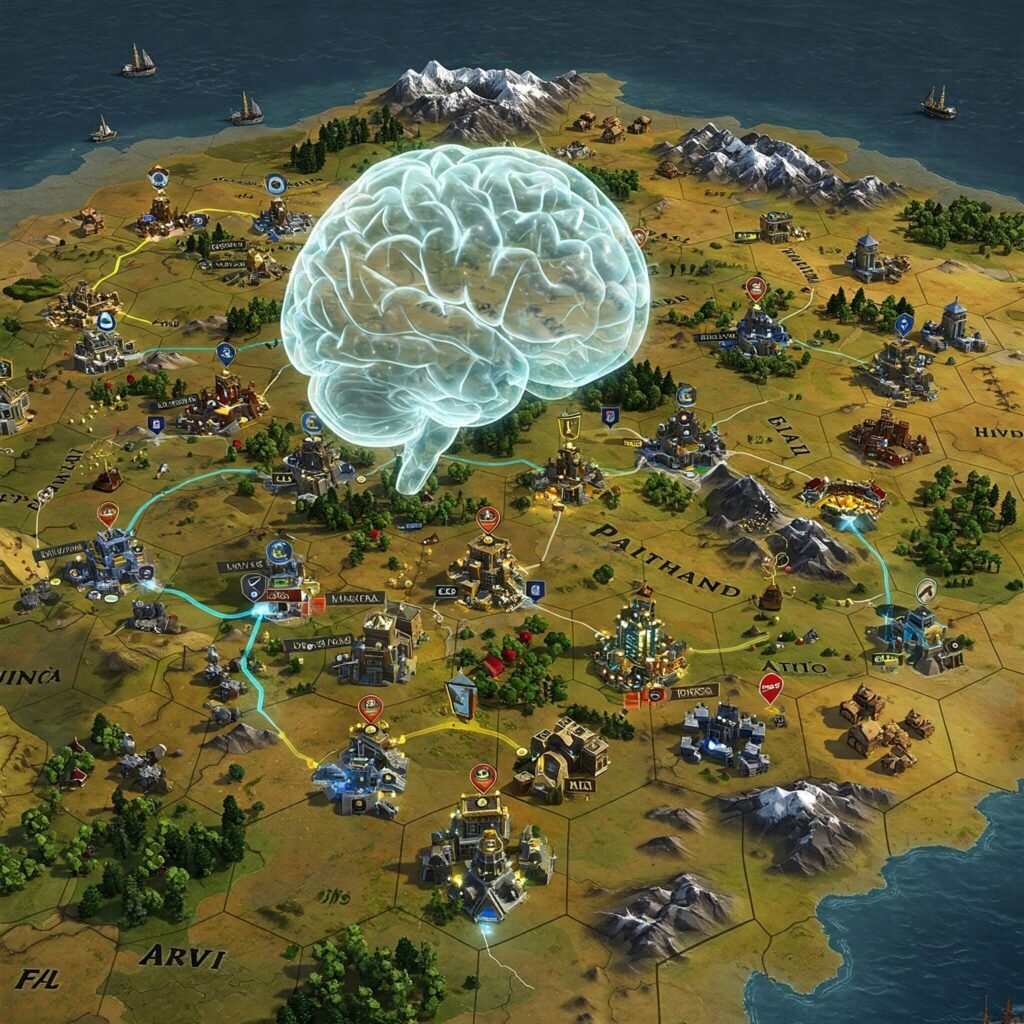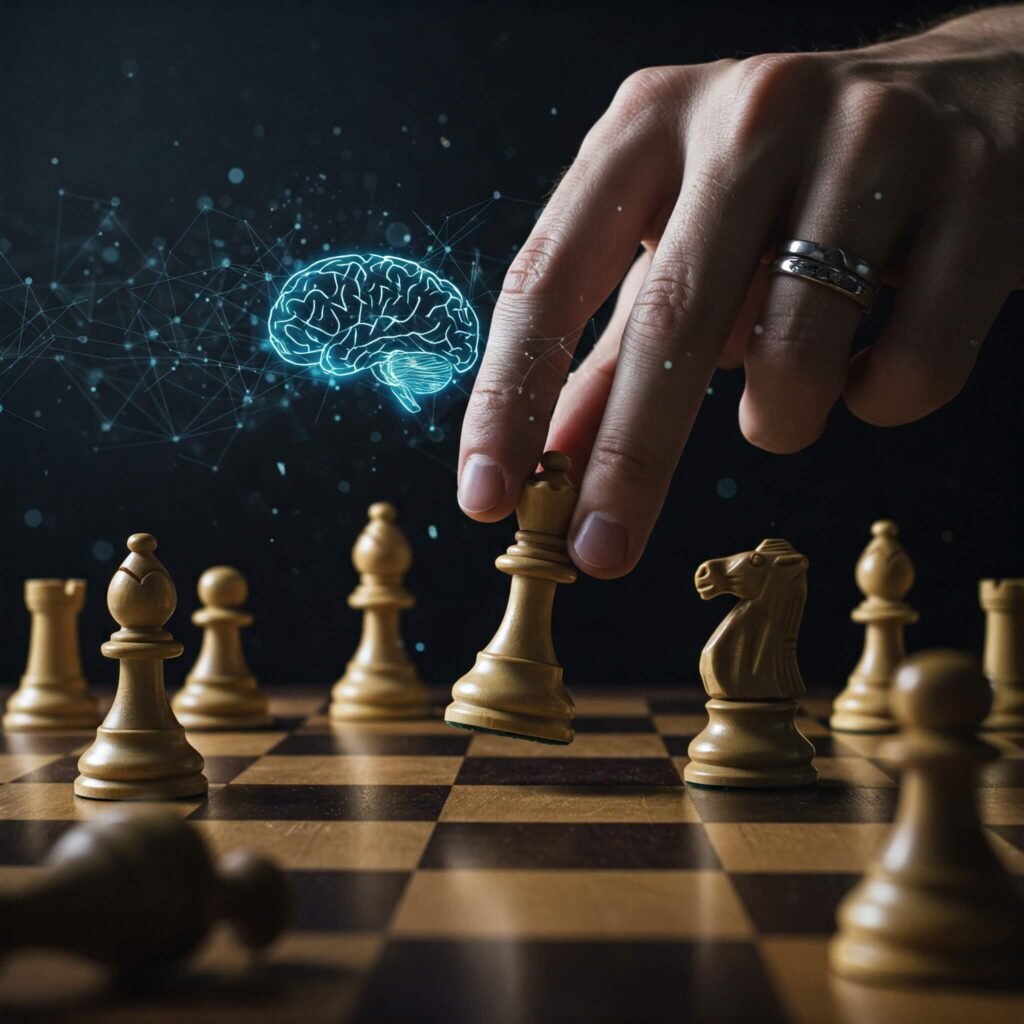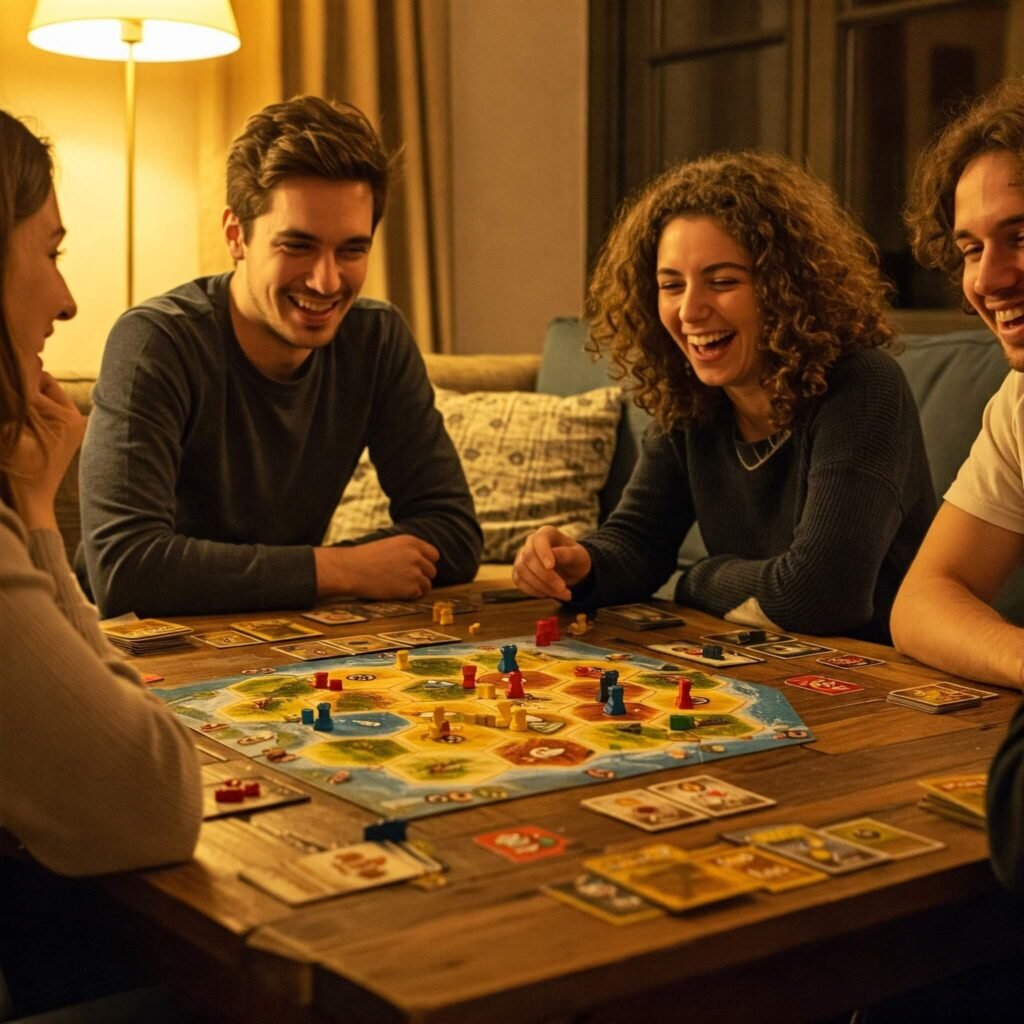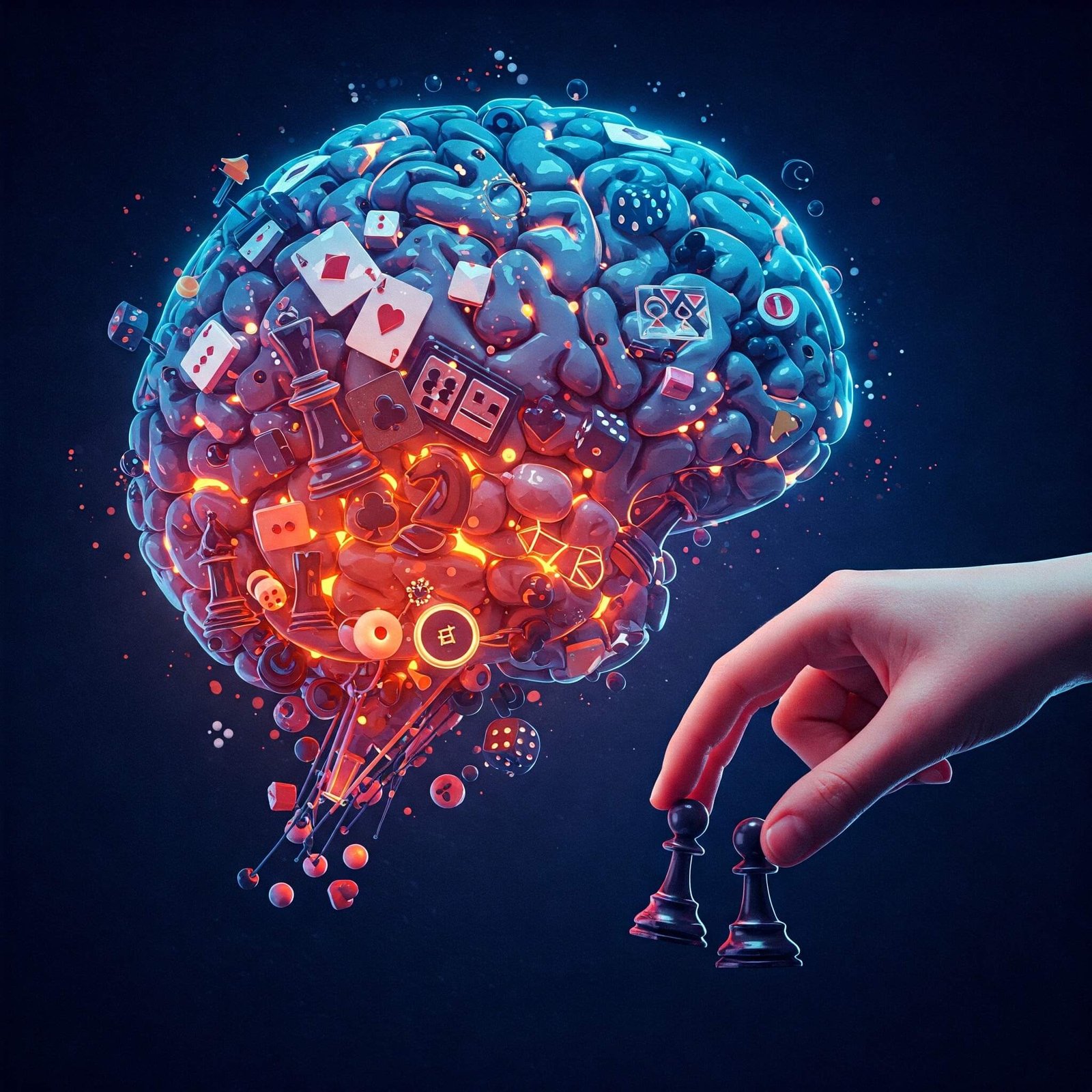Turn-based games train your brain in ways that are both fun and intellectually rewarding. From sharpening strategic thinking to boosting memory, these games offer a mental workout disguised as entertainment. Whether you’re commanding armies in Civilization VI or outwitting opponents in Chess, turn-based games engage your mind in unique ways. This article explores how these games enhance cognitive skills, backed by science and real-world examples, while providing actionable tips to maximize their brain-boosting benefits.

Why Turn-Based Games Train Your Brain
Turn-based games, unlike fast-paced action titles, give players time to think, plan, and execute strategies. This deliberate pace fosters deep cognitive engagement. Studies, like one from the Journal of Cognitive Enhancement (2020), show that strategy games improve problem-solving and decision-making skills. By requiring players to anticipate outcomes and weigh options, turn-based games train your brain to think critically and creatively.
Strategic Thinking and Planning
Turn-based games train your brain to think several steps ahead. In games like XCOM 2, players must plan moves while considering enemy actions, resources, and long-term goals. This mirrors real-life scenarios, such as project management or financial planning, where foresight is key.
- Example: In Civilization VI, players balance diplomacy, economy, and military to build an empire, honing skills in resource allocation and risk assessment.
- Takeaway: Play games that challenge you to plan multi-step strategies to improve your ability to tackle complex tasks.
Memory and Pattern Recognition
Turn-based games train your brain to recognize patterns and recall information. In Chess, players memorize opening moves and predict opponent strategies based on past games. A 2017 study in Frontiers in Human Neuroscience found that regular chess play enhances working memory and pattern recognition.
- Real-World Benefit: Improved memory aids in tasks like studying or managing daily schedules.
- Tip: Practice games with repeating patterns, like Checkers or Ticket to Ride, to boost recall.

How Turn-Based Games Boost Problem-Solving
Turn-based games train your brain to solve problems under constraints. Whether it’s limited resources in Settlers of Catan or time pressure in Fire Emblem, these games force creative solutions. This mirrors real-world challenges, like optimizing a budget or resolving workplace conflicts.
Decision-Making Under Pressure
Even with time to think, turn-based games simulate pressure through consequences. A wrong move in Divinity: Original Sin 2 can cost you a battle. This trains your brain to make informed decisions efficiently, a skill valuable in high-stakes environments.
- Example: In Hearthstone, players build decks and make split-second decisions that impact the game’s outcome, sharpening quick thinking.
- Takeaway: Choose games with meaningful consequences to practice calm, calculated decision-making.
Adaptability and Flexibility
Turn-based games train your brain to adapt when plans fail. In Into the Breach, unexpected enemy moves force players to rethink strategies. This builds cognitive flexibility, which a 2019 Nature study linked to better problem-solving in dynamic environments.
- Tip: Play games with randomized elements to enhance your ability to pivot in unpredictable situations.
Emotional and Social Benefits of Turn-Based Games
Beyond cognitive skills, turn-based games train your brain to manage emotions and build social connections. Multiplayer games like Risk or online Chess foster patience, resilience, and collaboration.
Patience and Emotional Regulation
Waiting for your turn in a game like Scrabble teaches patience and impulse control. A 2021 study in Computers in Human Behavior found that turn-based gamers reported lower stress levels due to improved emotional regulation.
- Real-World Benefit: Patience learned in games can improve relationships and workplace interactions.
- Takeaway: Engage in turn-based multiplayer games to practice staying calm under competitive pressure.

Social Strategy and Communication
Multiplayer turn-based games train your brain to read social cues and negotiate. In Diplomacy, players form alliances and strategize together, honing interpersonal skills.
- Example: Online Chess communities encourage players to discuss strategies, fostering teamwork.
- Tip: Join gaming communities to enhance social skills through shared interests.
How to Maximize the Brain-Training Benefits
To ensure turn-based games train your brain effectively, follow these tips:
- Choose Challenging Games: Pick titles like Stellaris or Gloomhaven that push your strategic limits.
- Vary Game Types: Mix strategy, board, and card games to engage different cognitive skills.
- Reflect on Moves: After a game, analyze your decisions to improve future strategies.
- Limit Playtime: Balance gaming with other brain-boosting activities like reading or exercise.
- Join Communities: Engage with other players to learn new tactics and stay motivated Persona 5 Royal – Atlus.
Conclusion
Turn-based games train your brain by enhancing strategic thinking, memory, problem-solving, and emotional resilience. From Chess to Civilization, these games offer a fun way to sharpen your mind while providing skills that translate to real life. Start playing thoughtfully, choose challenging titles, and watch your cognitive abilities grow. What’s your favorite turn-based game? Share in the comments!






























